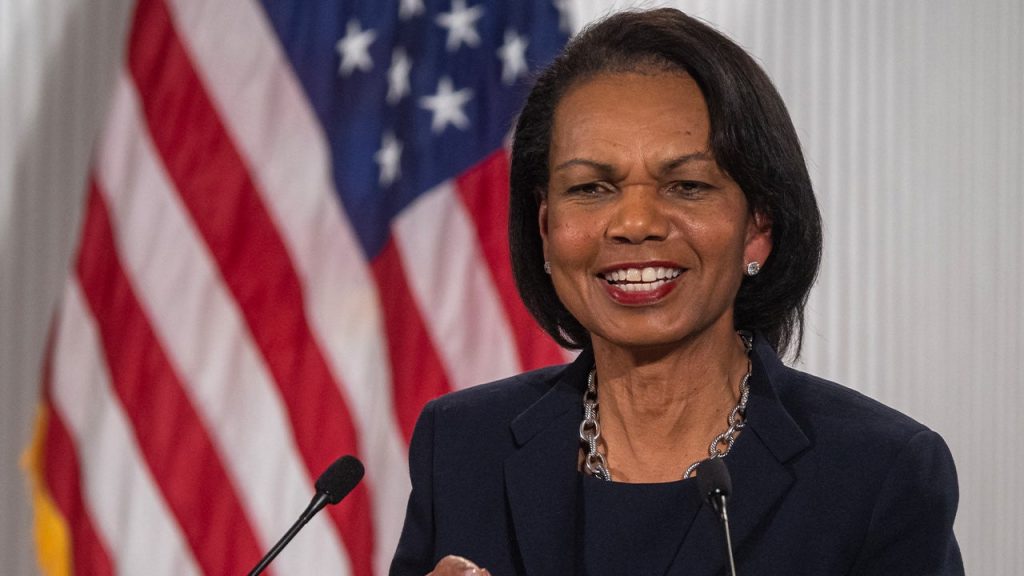Former Secretary of State Condoleezza Rice recently defended the need for school choice in the U.S., particularly emphasizing its impact on low-income minority students. Rice, who now serves as the director of the Hoover Institute at Stanford University, spoke at a fireside chat on democracy at the Ronald Reagan Presidential Foundation & Institution in Simi Valley, California. She highlighted the disparity in educational opportunities, noting that wealthier families are able to choose better schools while poorer families are often restricted to underfunded school districts.
Rice argued that the lack of school choice negatively affects low-income families by limiting their access to quality education. She pointed out that by third grade, many children in failing schools are unable to read, perpetuating a cycle of poverty and inequality. Statistics from the U.S. Department of Education’s National Assessment of Educational Progress show that roughly one-third of American fourth graders read at or below the basic level, with lower rates among low-income and minority students. Rice stressed that supporting school choice is essential for ensuring equitable opportunities for all students, regardless of their income level or background.
In recent years, school choice has gained popularity across the country, with 11 states passing universal school choice laws. Many states have implemented Education Savings Accounts, allowing parents to use public funds to cover a variety of education expenses, including private school tuition, instructional materials, and homeschooling costs. Proponents of school choice, such as the Heritage Foundation, argue that it provides greater opportunity for all students and leads to an overall increase in education quality. However, critics, including the National Education Association, argue that voucher programs often do not cover the full cost of private schools and divert funding from public schools.
Despite the growing support for school choice, there are still strong opinions on both sides of the issue. Rice challenged those who oppose school choice to consider the implications of their stance on disadvantaged students. She highlighted the irony of wealthy individuals advocating against school choice while sending their own children to elite private schools. By emphasizing the importance of educational freedom and equal opportunity for all, Rice made a passionate case for expanding school choice as a means of breaking the cycle of poverty and improving educational outcomes for low-income and minority students.
Ultimately, the debate over school choice revolves around the fundamental question of how to best provide quality education to all students in the United States. Supporters argue that school choice offers a solution to the systemic inequalities in the education system, while opponents raise concerns about the potential drawbacks of diverting public funds to private schools. As the movement for school choice continues to grow, it remains a hotly debated topic with implications for the future of education policy and the welfare of millions of students across the country.


